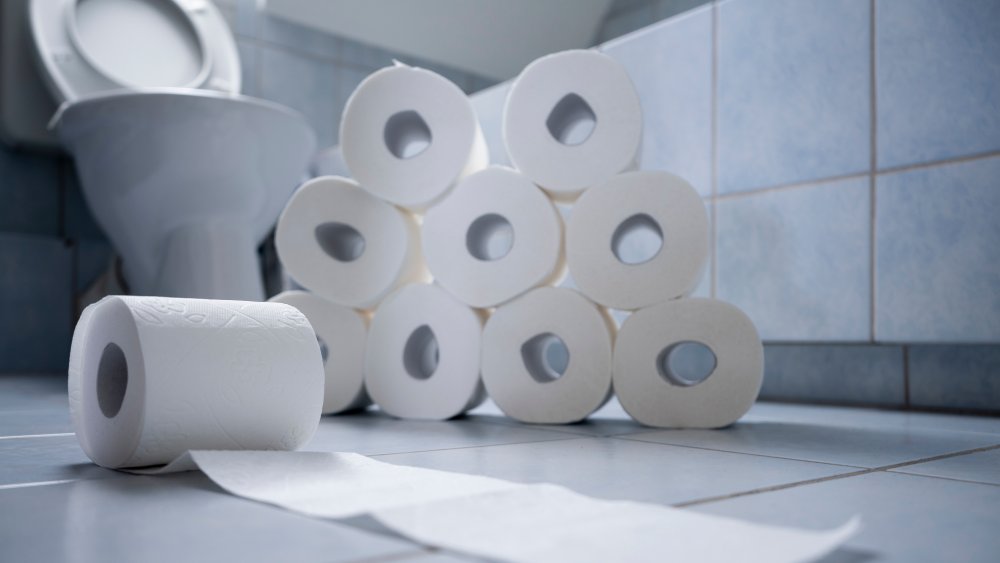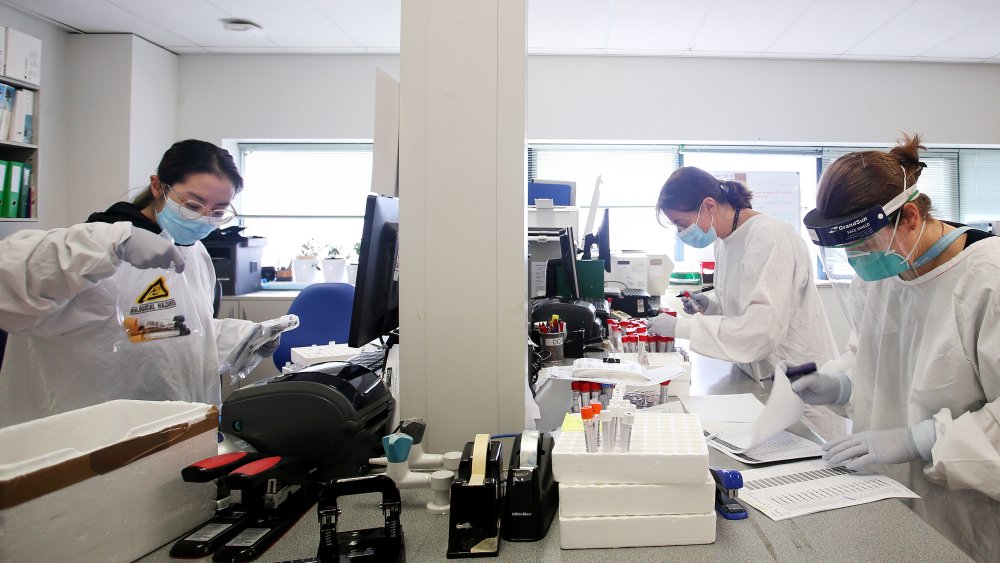The Surprising Way Scientists Can Trace COVID-19 Outbreaks
The idea of testing sewage might sound as gross as it gets, but what if we told you that that our waste could hold the key for figuring out where coronavirus clusters are brewing?
Some scientists say it could be useful to consider testing sewage to predict where a COVID-19 cluster might appear next, because sewage can show where the virus is beginning to emerge, and this is even before residents in a group make it to hospitals or testing centers. Mariana Matus, CEO of a company that examines sewage, tells CNN that the method could work because "People start shedding virus pretty quickly after they are infected and before they start showing symptoms."
Research supports the idea that COVID-19 can be found in stool samples before people who might be ill even test positive. Univadis says that more than one in five patients who tested positive for the coronavirus had the virus in their stool, even if their respiratory tests came back negative. Other small-scale studies conducted during the beginning of the outbreak also show similar results (via The Lancet).
Wastewater testing has been used to detect other diseases
Scientists who wade into sewer samples aren't looking for the actual virus itself, since the coronavirus actually breaks down once we flush the toilet. What they look for are signs of viral material also known as RNA, which can't infect people, but which can be easy to identify. Finding the RNA indicates that someone using the system might have COVID-19 — and the more RNA scientists spot, the more infected people in an area could have. The CDC says wastewater testing has also been used for the early detection of other diseases like polio.
The findings are especially handy because, as the University of Nevada's chair of civil and environmental engineering Krishna Pagilla points out, there are people who are unwilling to get tested. "People are reluctant to get tested now. Or we have students who say 'hey I am having symptoms but I am going to hang out at home.' They don't get seriously ill, so they don't get tested. But then maybe they decide to go to the gym." Sewage water testing could also be helpful when it involves low income neighborhoods, where people are at a higher risk of contracting a more serious form of COVID-19 (via CNN).
The CDC is now working on a portal that will allow local and state health departments to hand in the data from wastewater testing. It says the information is especially handy in areas where COVID-19 clinical testing is either not in use, or unavailable.

